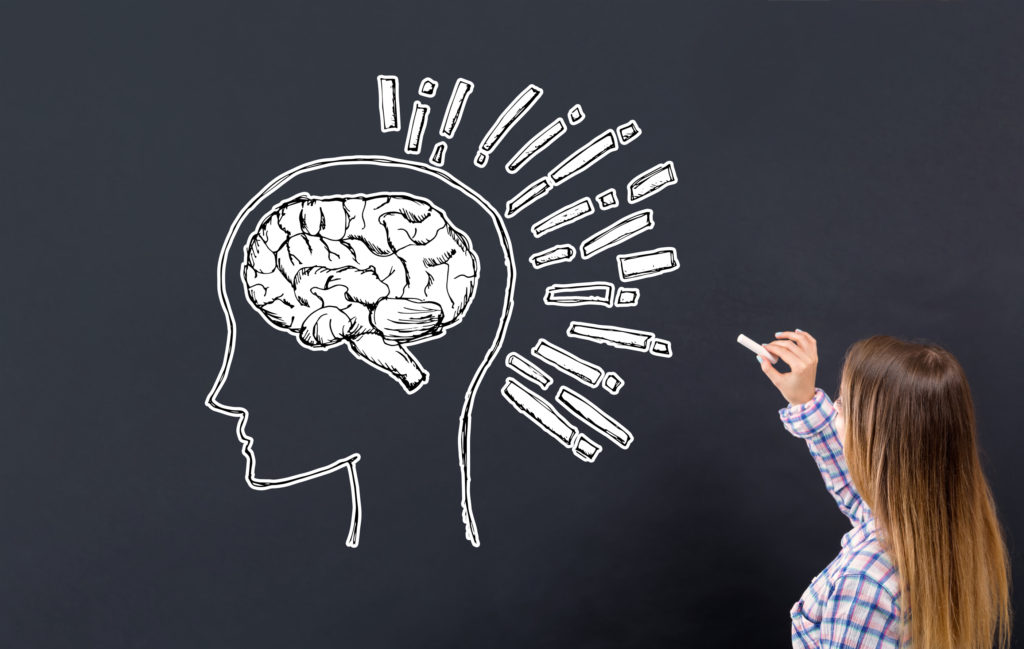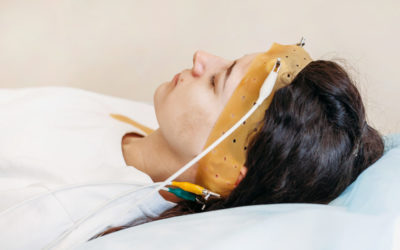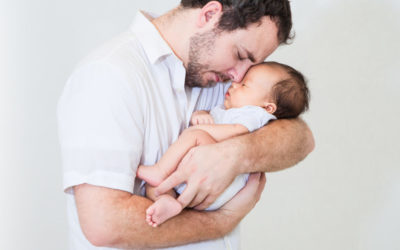Quick Hits
Daily brief research updates from the cognitive sciences

Learning and memory are key functions of the brain and ones that attract a lot of attention and research – and interest from normal folk like us. After all who wouldn’t like to know how to use one’s brain to learn and remember things better.
These two functions are, however, closely related. Memorising things is a part of learning – so are they part of the same process or part of separate processes in the brain? And does this happen in parallel or sequentially?
Most of us would probably assume that they happen in parallel – lots does in the brain – it is pretty complex. Similarly disentangling these processes is difficult – when we go about things in daily life we are drawing on our memories as we encounter familiar things and do familiar processes but when we encounter novel things we then need to learn and this seems to happen seamlessly
Researchers around Ruy Gómez-Ocádiz of the Insitut Pasteur in France have now given insight into this with some pretty innovative research.
For this they transported mice to a virtual world – yup, you read that correctly – researchers are now using virtual reality with mice! I will let you imagination run with that thought. This allows researchers to guide what the mice see and experience with more accuracy and therefore draw firmer conclusions. In this research it allows them to manipulate and distinguish between learning and remembering by transporting them to a whole new world so they can see learning in action.
What did they find?
Yes, they found that there is separate circuit in the brain’s hippocampus that switches between learning or remembering – the hippocampus is a well-researched area deep in the brain that is critical for memory formation but also memory recall and for navigation.
This shows that your brain therefore switches, sometimes rapidly between modes. When you encounter novelty it switches to learning mode and when in familiar territory you are in remembering mode.
And going through this article it probably switched a few times – but hopefully the learning mode also so that you remember this for later!

Andy Habermacher
Andy is author of leading brains Review, Neuroleadership, and multiple other books. He has been intensively involved in writing and research into neuroleadership and is considered one of Europe’s leading experts. He is also a well-known public speaker, speaking on the brain and human behaviour.
Andy is also a masters athlete (middle distance running) and competes regularly at international competitions (and holds a few national records in his age category).
References
Ruy Gómez-Ocádiz, Massimiliano Trippa, Chun-Lei Zhang, Lorenzo Posani, Simona Cocco, Rémi Monasson, Christoph Schmidt-Hieber.
A synaptic signal for novelty processing in the hippocampus.
Nature Communications, 2022; 13 (1)
DOI: 10.1038/s41467-022-31775-6
More Quick Hits
Disagreements Improve Team Perception
We might assume that agreement would be high in high-performing teams – this study shows the opposite…
Brain Cells Adapt to Help You Stay Awake
Falling asleep is a funny thing – you don’t need to think about it when it happens but can cause many people who can’t incredibly frustration…
Dad Brain is Real
We know that mothers go through multiple physical and psychological changes after birth (and before) including change in brain structures but what about fresh fathers?
Mask-Wearing Makes You Better Behaved
This is a fascinating study that shows that wearing masks changes behaviour in subtle but important ways…
Coffee Can Help You Live Longer
Yes, that is good news for you (us) coffee drinkers. This supports plenty of more recent studies which have shown the health benefits of coffee…
Big Kids Die Earlier!
Before you panic – the conclusion in the title is based on research into mice not human beings – but there could potentially be some important insights for us human beings as well.






